Dr. Bahmani, the Deputy of the Organization for Islamic Culture and Communications, and Dr. Babai had a significant meeting with Professor Osman Bakar
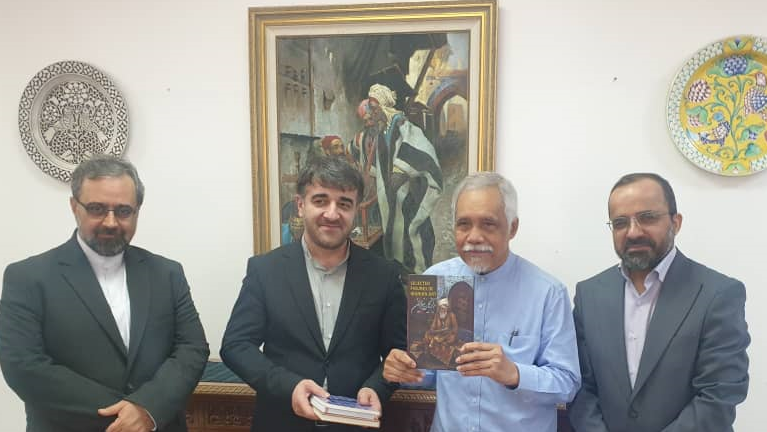
Dr. Bahmani, the Deputy of the Organization for Islamic Culture and Communications, and Dr. Babaei had a significant meeting with Professor Osman Bakar, a renowned philosophy professor in Kuala Lumpur, Malaysia. Professor Bakar is also responsible for the Ghazali Chair at the Malaysian Institute of Islamic Thought and Civilization. During the meeting, they discussed a wide range of topics related to philosophy and Islamic studies. This meeting provided a valuable opportunity for knowledge exchange and collaboration between experts in the field. The insights and ideas shared in this meeting will undoubtedly contribute to further enhancing our understanding of Islamic philosophy and promoting academic excellence in this area.
shared during this meeting will undoubtedly contribute to the advancement of both philosophy and Islamic studies. The experts engaged in fruitful discussions on various key aspects, including the intersection of Western philosophy with Islamic philosophy, the role of reason and revelation in understanding the world, and the relevance of classical Islamic thought in contemporary society. Professor Bakar, renowned for his expertise in Islamic philosophy, provided valuable insights into the works of Abu Hamid al-Ghazali, a prominent Islamic theologian and philosopher. The participants delved deep into the philosophical concepts presented by al-Ghazali, such as the reconciliation of faith and reason, the nature of knowledge, and the quest for truth. They explored how these concepts can be further developed and applied in the present context, resonating with the needs and challenges of the modern world. Moreover, the meeting fostered a vibrant exchange of ideas, allowing the experts to share their respective research and experiences. They discussed ongoing initiatives in the field of Islamic studies, including research projects, publications, and academic conferences. These endeavors aim to explore the rich intellectual heritage of the Islamic tradition and promote a deeper understanding of its philosophical underpinnings. The participants also explored the importance of interdisciplinary collaboration in advancing knowledge in the field of Islamic philosophy. They recognized the need for scholars from various academic disciplines, such as theology, philosophy, history, and sociology, to work together and contribute their unique perspectives. Such collaboration can enrich the discourse and lead to a comprehensive understanding of the complexities inherent in Islamic thought. In conclusion, the meeting between Dr. Bahmani, Dr. Babayi, and Professor Bakar opened up new avenues for collaboration and mutual learning in the realms of philosophy and Islamic studies. The wealth of insights and ideas generated during this encounter will undoubtedly shape future research and contribute to the broader scholarly community. By harnessing the collective wisdom of experts, the field of Islamic philosophy will continue to evolve, addressing contemporary challenges while drawing from its rich intellectual heritage.

.jpeg)
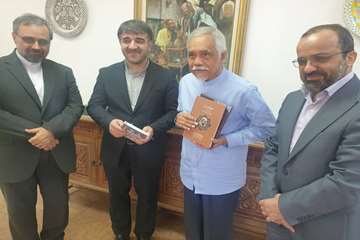
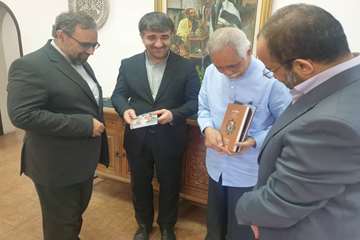
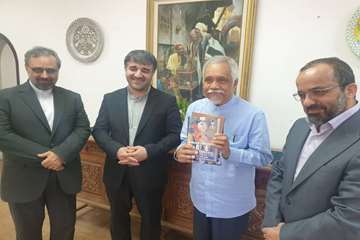
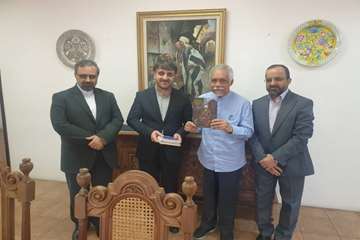
.jpeg)